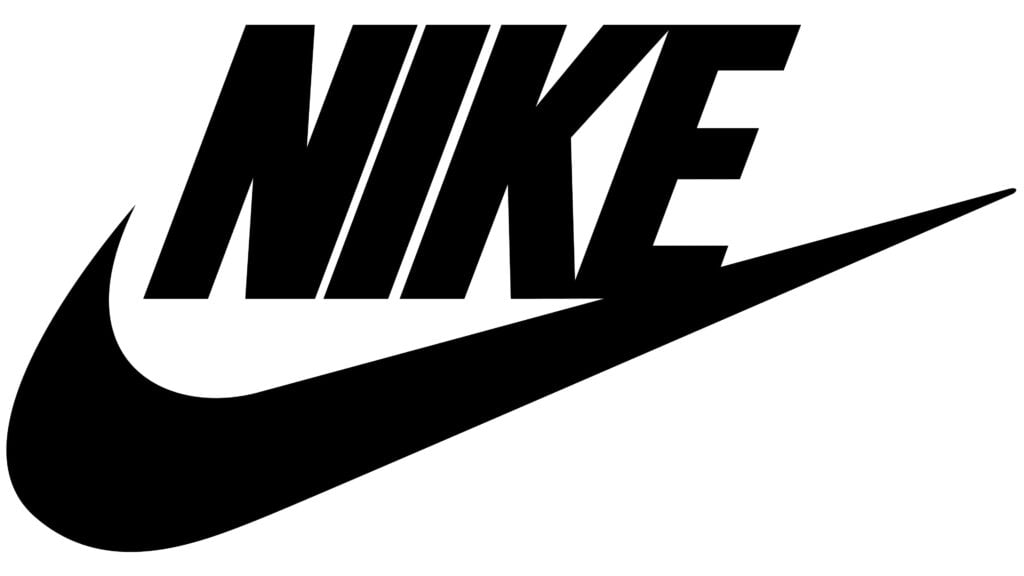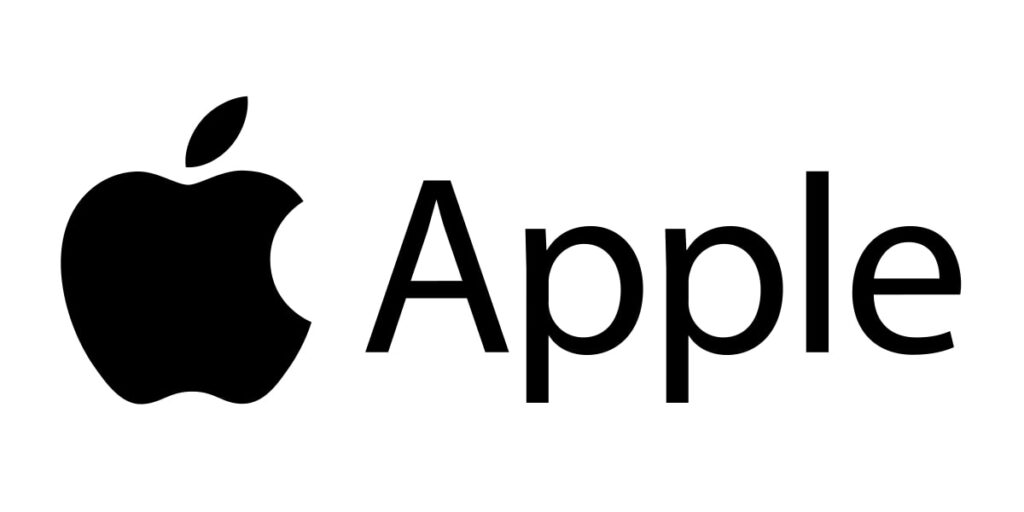Credit spreads are a popular options trading strategy that allows investors to generate income while managing risk.
This strategy involves selling one option and buying another option of the same class and expiration date but with different strike prices.
The goal is to receive a net credit and profit from the premium received while limiting the potential loss.
Let’s dive into the mechanics of credit spreads and some of the best stocks for credit spreads to consider for this strategy.
What Is a Credit Spread in Options Trading?
Understanding Credit Spreads
A credit spread involves two options contracts: one that is sold and one that is purchased. These options are of the same class (both calls or both puts), have the same expiration date, but different strike prices.
The spread is termed a “credit” spread because the premium received from selling the higher premium option exceeds the cost of buying the lower premium option, resulting in a net credit.
Types of Credit Spreads
-
Bull Put Spread: This strategy involves selling a higher strike put option and buying a lower strike put option. It profits when the underlying stock price stays above the higher strike price.
-
Bear Call Spread: This strategy involves selling a lower strike call option and buying a higher strike call option. It profits when the underlying stock price stays below the lower strike price.
How to Trade Credit Spreads
-
Select the Stock: Choose a stock with stable price movements and adequate liquidity. The stock should have options with reasonable premiums and tight bid-ask spreads.
-
Determine the Strike Prices: Identify the strike prices for selling and buying the options. The difference between the strike prices determines the spread width and potential profit or loss.
-
Enter the Trade: Execute the trade by selling one option and buying the other. Ensure that the net credit received is sufficient to justify the trade, considering the risk involved.
-
Manage the Trade: Monitor the trade and make adjustments if necessary. This could include rolling the spread to a different strike price or expiration date if the stock price moves against your position.
Best Stocks for Credit Spreads
Salesforce, Inc. (NYSE: CRM)
Salesforce closed at $290.74 on May 14, 2025, after trading between $289.26 and $296.05 that session, bringing its 30-day average daily volume to 7.9 million shares—one of the highest in the S&P 500—while implied volatility on its nearest-term options sits around 44%, placing its IV rank near 62 on a 1–100 scale.
This liquidity and premium-rich environment make it an ideal underlying for debit and credit spreads where wide bid-ask spreads can otherwise eat into profits.
In Q1 FY 2025, Salesforce generated $9.13 billion in revenue (up 11% YoY) and non-GAAP EPS of $1.56, fueled by a 43% jump in free cash flow to $6.1 billion as AI-driven “Agentforce” deployments accelerated across its Customer 360 platform (SalesforceSalesforce Investor Relations).
Management raised full-year revenue guidance to $37.8–$38.1 billion and will host its next earnings call on May 28, 2025, setting a volatility catalyst for option-writers.
Salesforce’s forward P/S of 8.2× and P/E of 29.4× sit below peer averages, yet its premium-rich options (30-day IV 44%) allow credit-spread sellers to collect meaningful credits, betting on continued range-bound trading between $275–$310 into the next report.

Nike, Inc. (NYSE: NKE)
Nike shares traded in a $61.52–$62.87 range on May 14, 2025, closing at $61.73, with average daily option volume of 1.2 million contracts and a 30-day IV near 33%, ideal for selling premium in bull put or iron condor structures.
In Q3 FY 2025, revenue dipped 9% YoY to $11.3 billion as inventory clean-ups weighed on full-price sell-through, compressing gross margin to 41.5% (–330 bps). However, SG&A expenses fell 8%, lifting EBIT margins and producing a better-than-feared EPS of $0.54 against a $0.29 consensus.
With digital growth paused but North America holding firm and the next earnings slated for June 26, 2025, traders can structure out-of-the-money credit spreads—such as a $58/55 bull put spread—for a high-probability credit while capping maximum loss.
Explore some other sports stocks worth buying right now.

Apple Inc. (NASDAQ: AAPL)
Apple closed at $212.33 on May 14, 2025 (intraday range $211.50–$214.10) with 2.5 million options contracts traded and a 30-day IV of 20%, making weekly and monthly credit spreads particularly attractive given tight bid-ask spreads (~$0.06) .
In fiscal Q2 2025, Apple delivered $95.4 billion in revenue (+5% YoY), driven by $46.8 billion in iPhone sales and record $26.6 billion in Services (+12% YoY), leading to $1.65 in diluted EPS (+8%) . Management also boosted its dividend by 4% and authorized an additional $100 billion buyback, underpinning share-based spreads through late June.
With WWDC on June 2 unveiling AI features and Services momentum, traders can sell weekly call spreads (e.g., $215/220) to capture decaying premium ahead of product-launch volatility.

Amazon.com, Inc. (NASDAQ: AMZN)
Amazon is one of the world’s largest online retailers, with a diverse business portfolio that includes Amazon Web Services, Amazon Prime, and various other segments. Amazon’s extensive reach and market dominance make it an option for credit spread strategies.
The company’s options market is known for its high liquidity and tight bid-ask spreads, which are essential for executing credit spreads effectively.
Amazon shares closed at $210.25 on May 14, 2025 (range $208.80–$212.50) with 1.8 million options contracts traded and a 30-day IV of 29%, offering rich premium for bear call or iron condor sellers .
In Q1 FY 2025, net sales rose 9% YoY to $155.7 billion, fueled by $29.3 billion in AWS revenue (+17%) which drove operating income of $18.4 billion and net income of $17.1 billion ($1.59 EPS) . Prime Day positioning and AWS AI services underpin strong cash flows—critical for managing credit-spread assignment risk.
Management’s Q2 guidance of $159–$164 billion in net sales (with tariff headwinds) sets a volatility window into July; traders can sell the $215/220 call spread to collect premium, betting that shares stay below key resistance.
Check out some stocks that could be the next Amazon.

Oracle Corporation (NYSE: ORCL)
Oracle Corporation, a global tech giant specializing in database software and cloud computing, stands out as one of the largest and most established software companies worldwide. The company’s robust market presence and consistent performance make it a candidate for credit spread strategies, especially for traders looking to leverage stable and predictable stock movements.
Oracle’s stock is known for its relatively low volatility compared to other tech stocks. This lower volatility often results in lower option premiums but also reduces the risk of significant price swings. For traders employing credit spreads, such stability can be beneficial as it enhances the likelihood of the options expiring worthless, thereby allowing them to retain the net credit received.
Oracle stock traded between $160.12 and $163.75 on May 14, 2025, closing at $162.06, with 650,000 options contracts changing hands and a 30-day IV of 48% (IV rank 63), making short-premium strategies lucrative .
In fiscal Q3 2025, total revenue climbed 6% YoY to $14.13 billion, led by $11.0 billion in Cloud Services & License Support (+10%) and driving GAAP net income of $2.94 billion ($1.02 EPS) . Oracle’s aggressive GPU capacity build-out for AI workloads and announced June 10, 2025 earnings create a defined range for structuring bear call spreads (e.g., $165/170).
With recurring support revenues forming 78% of total sales, Oracle’s stock tends to exhibit limited downside, making put-credit spreads (e.g., $155/150) a high-probability play for income generation.

Are Stocks for Credit Spreads a Good Investment?
Credit spreads can be a strategic way to limit risk while generating income through options trading. This approach might be especially appealing for seasoned traders who understand the complexities of credit spreads and options pricing.
A credit spread involves simultaneously selling and buying options of the same class (calls or puts) with the same expiration date but different strike prices. The goal is to receive a net premium, benefiting from the time decay (theta) of the options. This strategy can be advantageous because it allows investors to gain exposure to an underlying security even if its stock price remains relatively flat.
One of the key benefits of credit spreads is that they do not require significant price movements in the underlying stock to be profitable. As long as the stock price stays within the selected strike prices, traders can earn the net premium received from the spread. This makes credit spreads particularly useful in a variety of market conditions, providing a flexible approach to options trading.
However, while credit spreads offer a defined risk and reward profile, they do have risks. If the underlying stock price moves significantly against the position, the trader could incur losses. Despite the controlled risk, understanding the underlying factors influencing options pricing is crucial to successfully implementing credit spread strategies.
Credit spreads might be best suited for investors with a solid grasp of options trading and risk management. For those who master the intricacies of this strategy, credit spreads can be a reliable way to generate consistent income while minimizing potential losses.
Best Stocks for Credit Spreads FAQs
How Do I Find the Best Stock for Credit Spreads?
The best way to find the stocks for credit spreads is to use a stock screener. In it, you can categorize your search by filtering attributes that make a stock a good candidate for a credit spread. These might include high IV, high volume, and high open interest.
What Stocks Are Best for Credit Spreads?
The best stocks for credit spreads are the ones whose options contracts have suitable attributes for the strategy. These include stocks with large market capitalization and a high average trading volume. You might also want to check the bid/ask spread, open interest, and implied volatility.
Are Credit Spreads Profitable?
Credit spreads could be profitable when they are executed properly. This option trading strategy is known to be more forgiving. It also has a higher probability of winning than buying a call, put, or debit spread. However, as with all investments, there is never a certain outcome.


 Tags:
Tags:










